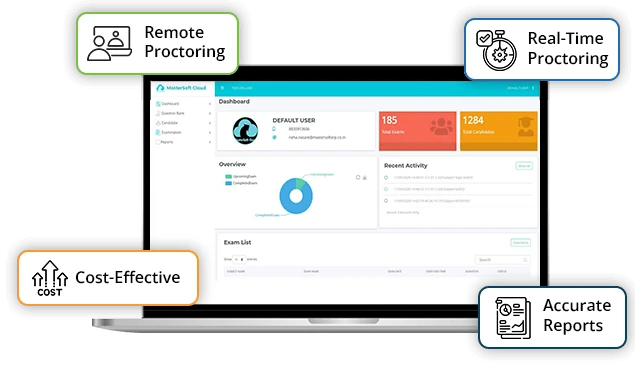
The Changing Landscape of Employee Evaluation in the Digital Age
In an era dominated by technological advancements, the traditional methods of employee assessment are undergoing a significant transformation. As businesses strive to adapt to the digital age, the evaluation of employees is evolving to keep pace with the dynamic nature of the workforce. This shift is not just a reflection of technological progress but also a response to the changing needs and expectations of employees in today’s professional landscape.
Embracing Technological Solutions
One of the key drivers behind the shift in employee assessment is the increasing reliance on technology. Many organizations are now leveraging advanced tools and software to streamline the evaluation process. These tools not only automate certain aspects of assessment but also provide valuable insights through data analytics. The adoption of such technologies is not just about efficiency; it’s a strategic move to make assessments more accurate, objective, and aligned with the fast-paced nature of business operations.
Remote Work Challenges and Solutions
The rise of remote work has presented both challenges and opportunities for employee assessment. Traditional methods that relied on in-person observations and face-to-face interactions are no longer as feasible in a world where teams are dispersed across different locations. Employers are grappling with the need to assess performance in a virtual environment, where factors such as communication skills, teamwork, and adaptability take on new dimensions. However, technology has stepped in to bridge the gap.
Remote Assessment Methods
Remote assessment methods have become a game-changer in the realm of employee evaluation. These methods encompass a range of tools and techniques designed to evaluate performance, collaboration, and productivity in a virtual setting. From video interviews and online skills assessments to collaboration platforms that track team projects, these tools enable employers to gauge an employee’s contributions regardless of their physical location. For a more comprehensive understanding of remote assessment methods, you can explore Remote Assessment Methods.
Data-Driven Insights for Objective Evaluation
As organizations collect more data on employee performance through technological solutions, the evaluation process becomes increasingly data-driven. Data analytics play a crucial role in providing objective insights into an employee’s strengths, weaknesses, and overall contributions. This shift towards data-driven assessments not only minimizes biases but also allows for more personalized feedback and development plans tailored to individual employee needs.
Adapting to the Changing Needs of Employees
In addition to the impact of technology, the evolving nature of work and the changing expectations of employees contribute to the transformation of assessment methods. Modern employees often seek continuous feedback, personalized development opportunities, and a more transparent evaluation process. Companies that align their assessment strategies with these evolving needs are better positioned to attract, retain, and nurture top talent.
The Role of Soft Skills in Assessment
While technological skills remain crucial, the assessment landscape is placing a greater emphasis on soft skills. With the rise of automation and artificial intelligence, qualities such as creativity, emotional intelligence, and adaptability are becoming increasingly valuable. Employers are incorporating innovative methods to assess these soft skills, recognizing their significance in driving success in today’s complex and interconnected business environment.
Navigating Ethical Considerations
As assessments become more data-driven and reliant on technology, ethical considerations come to the forefront. Employers must navigate issues related to privacy, transparency, and fairness in the use of data for assessment purposes. Striking the right balance between leveraging technology for efficiency and ensuring ethical practices is a critical aspect of the ongoing transformation in employee assessment.
Conclusion
In conclusion, the landscape of employee assessment is undergoing a profound shift in response to the demands of the digital age. The integration of technology, the rise of remote work, and the changing expectations of employees are driving organizations to reevaluate and innovate their assessment methods. As we embrace these changes, it’s essential for businesses to strike a balance between leveraging technology for efficiency and upholding ethical standards in the evaluation of their most valuable asset—their workforce.



